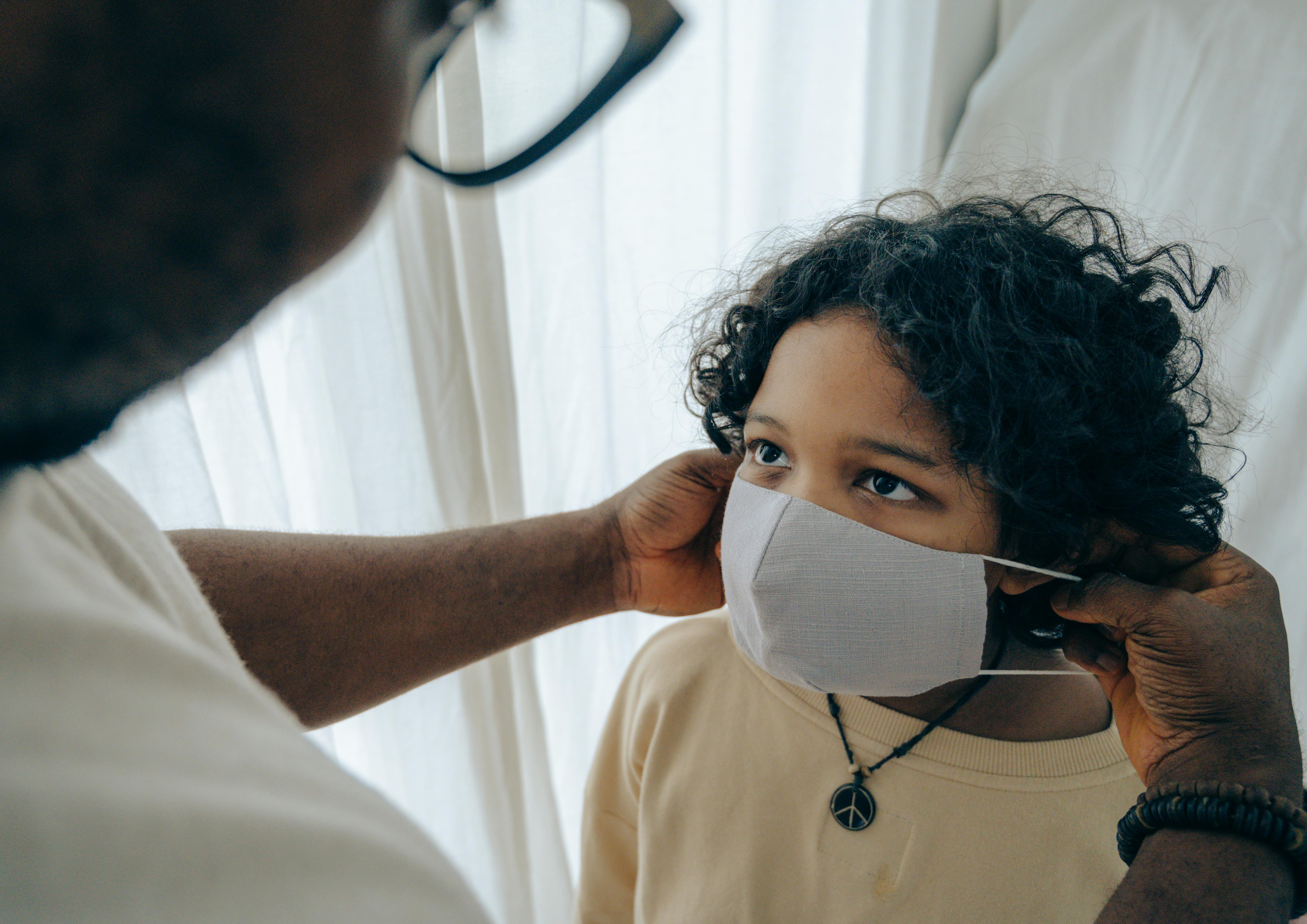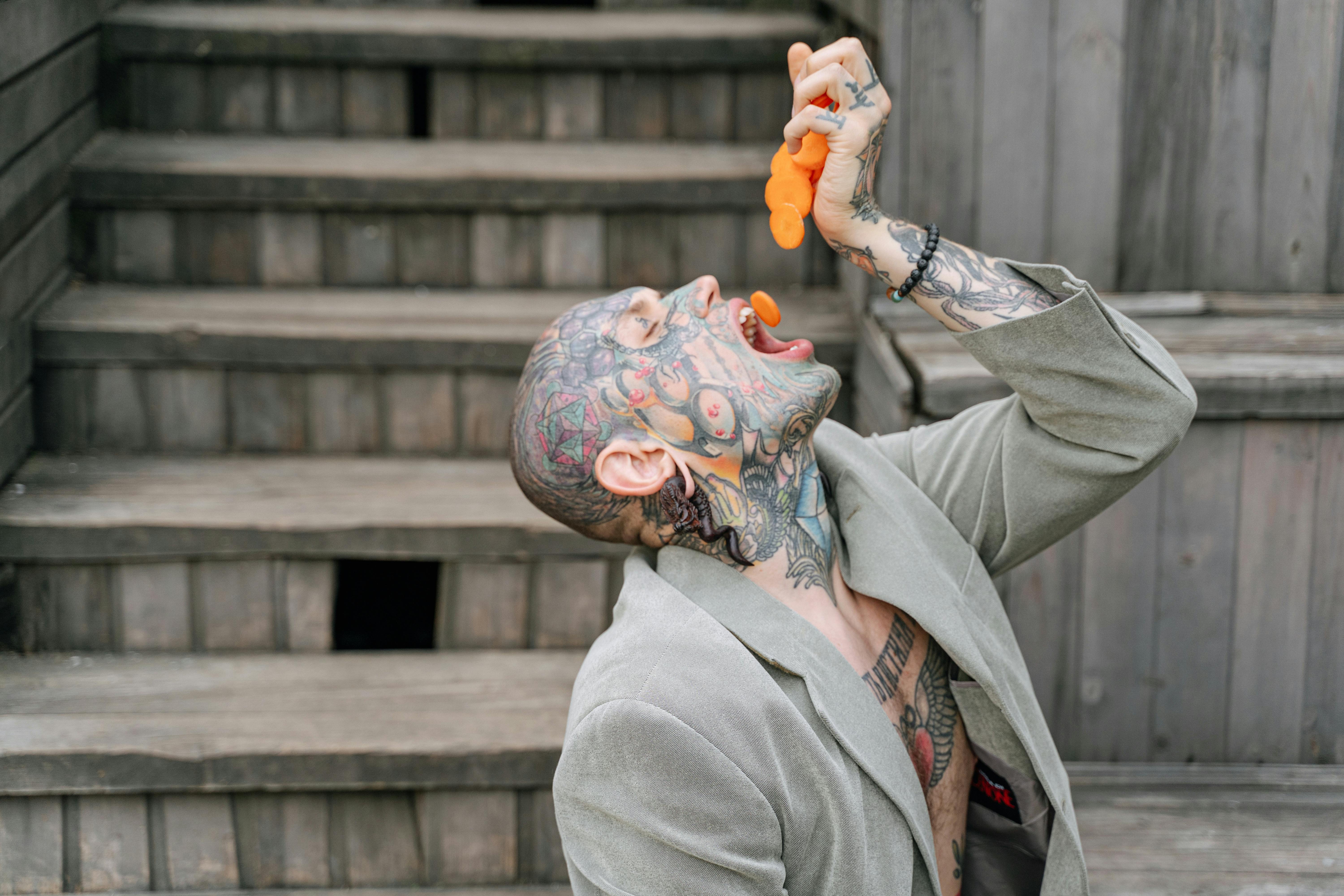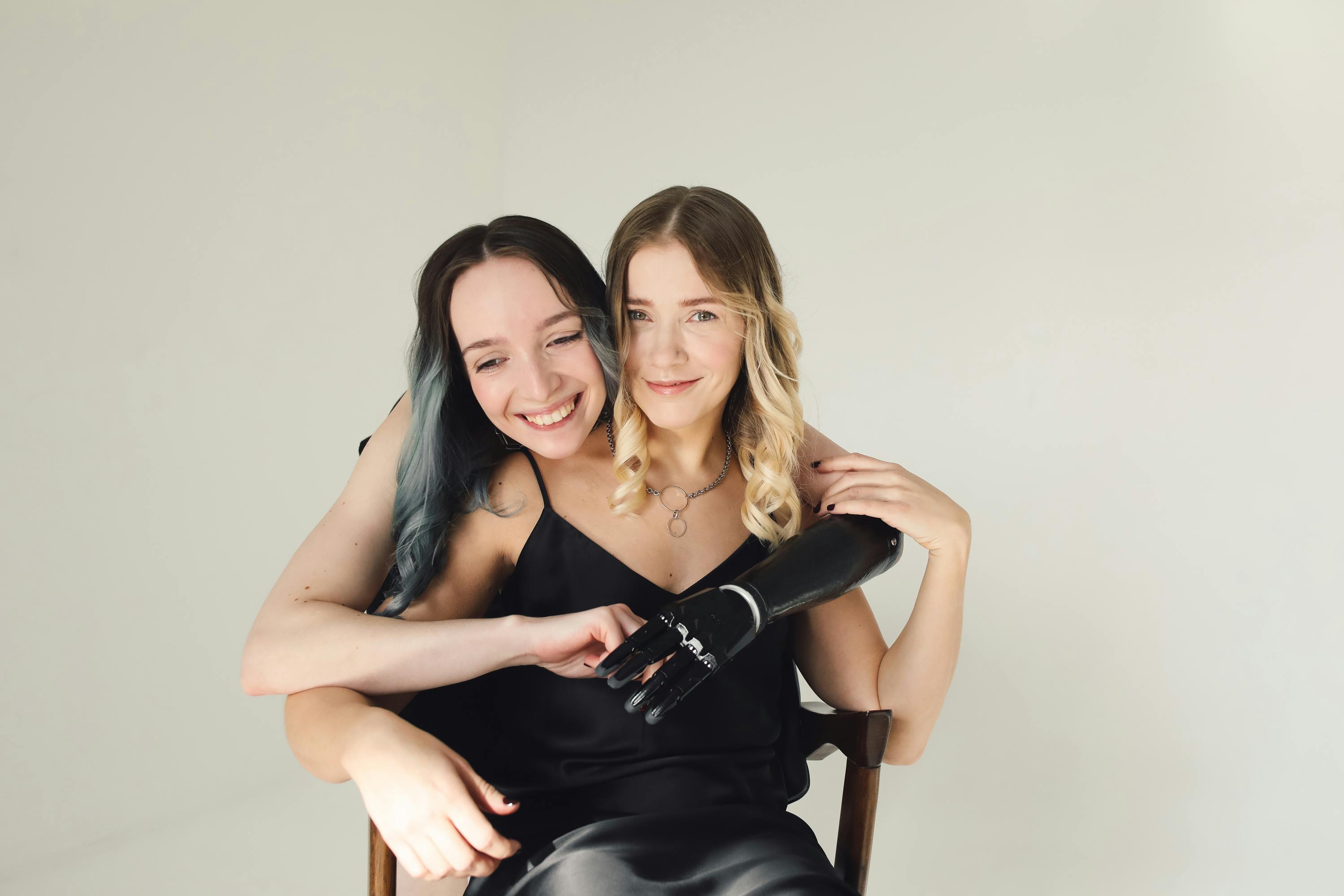“It is better to be from a broken home than to live in one.”
I wish I knew the name of the pastor I heard on the radio who offered that amazing statement. I will admit my surprise to learn that it was a pastor who said it. I remember smiling to myself and exclaiming out loud, “Thank you.” Because what he shared is something that is rarely heard.
For an abuse victim who dares to reveal to friends and family her inclination to leave her abuser, she often hears something very different from what the pastor claimed. She is more likely to hear, “What about the kids?”
There it is: an emotional trump card, a time bomb. Any convictions about escaping the emotional damage that she and her children might face on a daily basis are immediately shaken and catapulted into visions of an inevitably disastrous future. Could it be that separating from the abuser will only make things worse? Is it true that a child is better off in an abusive home where both parents are present than in a broken home?
Today, a full decade after signing my divorce decree, I have to say from experience that the pastor’s sentiment makes a lot of sense. Having seen both sides, being from a broken home is far superior to living in one. I also recognize that some will question that statement and insist that a life of separate homes and the shock of a severe marital relationship are somehow more destructive. That’s someone else’s story to tell. This is mine.
When I finally left with our four children, the children were between 6 and 13 years old. My relationship with my husband had deteriorated to the point that he was on the verge of a nervous breakdown. All five of us lived in a state of constant fear, with the children struggling with varying degrees of depression, anxiety, and anger, most evident in the two oldest. I did what I thought was right to maintain some semblance of normalcy, stand up for the kids when I found out my husband was too harsh on them, divert his anger onto me, and try to create a “happy” home. The abuse had increased so much over time that it was hard for me to see the magnitude of the dysfunction, the enormous weight of oppression under which we struggled to survive. Maybe tomorrow things will be different, I used to think. Maybe tomorrow he cares. Tomorrow never came. All my good intentions failed. Our lives never got better; in fact, they got worse and worse.
Looking back, I can see how each child uniquely responded to abuse, separation, and our recovery based on their ages, personalities, perceptions, and history. We have all had to work hard to regain our courage and rebuild our lives individually and as a family. The life we share now is healthy and safe, nothing remotely like the hell we lived in before we left.
There were several things I was able to do for my children to help them move from that place of brokenness to a place of health and emotional stability.
First: I had to admit the damage.
In most cases, while trying to live in an abusive relationship, our tendency is to overlook, downplay, or outright deny the abuse. We rationalize that our abuser’s actions are simply consistent with masculine or fatherly behavior. We remind our children that their father really loves them or we try to lessen their distress by using pathetic excuses like, “He doesn’t mean it” or “He’s just having a hard time right now.” What we are really saying is that our children’s feelings are not as important as their father’s right to treat them badly.
Once we finally break through and acknowledge the depth of the damage that has been done, it is vital to affirm the truth to our children; not burden them with our stories (which should not be burdened by them), but acknowledge theirs.
The night my kids and I left, we quickly packed up our most vital possessions and loaded up my truck. I walked out with one last arm to see the children sitting in their seats in silence, tears streaming down each child’s face. So, I stopped everything, we went in and we sat down together to discuss the answer to the unspoken question: What was happening to our family?
After briefly explaining why we had to leave, I asked what was wrong. One by one, they sheepishly began to share their own experiences, things that had happened in my absence, terrible words that had been said, secrets that they were expected to keep. As each child shared, everyone became empowered to speak. After they finished, I just told them, “I’m so sorry. That’s abuse and it’s wrong. We’re not going to live that way anymore.” The words absolutely seemed too late, but on the other hand, I guess it was more like better late than never. The admission was critical, and I saw an immediate response in her eyes, visible evidence of hope.
Second: give them a voice.
The dance of dysfunction continued for many more months, even after John moved out and the children and I moved home. Attempts to hide the ball from John to address his addictions, abuse, and his wandering eye failed, largely because my children now had the power to share their experiences with me. They began to tell everything, and when they talked, I listened, and they appreciated that I took their complaints seriously. Even my youngest daughter, who was only 6 at the time, didn’t hesitate to say, “Mommy, I need to talk to you about something.” She gave the children courage and freedom to identify actions and situations that they knew were clearly inappropriate.
It meant a lot of confrontation between his dad and me, and he hated that his coercion had been exposed, but now the kids and I were working together to acknowledge the truth and tell the truth so we could better deal with it. I took all the kids to therapy, so they too could talk to someone objective about their experiences and even share their disappointments about me as their mother, which they had every right to get over. In many ways, he had utterly failed them. Whatever it took to bring about his healing and restore his sense of his own worth; I wanted them to have it.
A woman who was trying to escape an abusive marriage told me how her teenage daughter was misbehaving and doing poorly in school, and the woman just wanted her daughter to put an end to it, and asked if I had any suggestions. I asked my friend if she had spent any time with her daughter to find out what was going on in her daughter’s life, knowing that perhaps her daughter was struggling with what was going on at home. My friend looked at me like I was from another planet and dismissed my question completely. I’m afraid the poor girl is simply begging, by her actions, to be seen and heard. Unfortunately, it seems that her mother just doesn’t want to be bothered.
Third: Help them feel safe and loved.
I always wanted them to feel safe at home, but that whole dynamic had been erased by the abuse. For example, on Saturday mornings, the kids and I would get up before their dad and have a great time eating cereal, sitting together in the family room, and watching cartoons. When we heard his footsteps on the stairs, I think a shiver of anxiety went through all of us and we fell silent. Sure enough, as we descended, John would bark commands at the kids and tell us to flip the remote, because we’d had enough fun and it was his turn to see what he wanted.
I never wanted them to feel this way again. We had to rebuild and recover what we had lost.
Even though I worked full time, I worked a tight schedule so I could get home earlier to hang out with them later, to chat over dinner, help with homework, or be available to talk. I basically deleted my calendar. In addition to having lunch with friends from work or going out for coffee from time to time, my intention was to restore their sense of security by being available to hug them, help them and listen to them, to remind them every day for as long as it took that I was not I was going nowhere. It was time and energy well spent.
I have heard of some parents who, upon separation, immediately move to the singles scene or live their lives as if nothing traumatic had happened. The children are left in a constant state of doubt as to what is going to happen to them and whether the custodial parent also intends to leave. And we wonder why they get depressed or anxious or sick or end up on drugs or alcohol or become promiscuous or end up with an eating disorder. They simply need to know that they are safe and loved. If you get the chance to give it to him, do your best to do so.
Fourth: Walk towards a new and better life.
We talk about our future. We all knew where we came from. Now we had to decide where we were going. In the end, what we wanted was a healthy and happy family where everyone felt safe, respected, accepted and supported. We had family movie night on Friday and watched Disney movies and ate pizza and microwave popcorn and laughed and sang along to the songs. We went on vacation out of town, if only for a couple of days, just to rediscover what it meant to drive a long distance and listen to the music we wanted to hear on the radio, not live by someone’s schedule, really relax without pressure, drama or guilt. All those simple things were so healing. My children were free to claim and live the life they all wanted. And I wanted that for them.
It has been a long, winding and rough road full of pitfalls, imperfections and struggles. The children are still hurting and grieving from many of the injuries inflicted on them when their father lived with us, and ever since. But what we have achieved together, and the healing, faith, strength, wisdom, character and growth in my children’s lives over the last ten years, has been worth defending, worth fighting for.
So what about the children? That question made me doubt my instincts and live in fear of the future for far too long. Looking back, seeing what my children endured, I feel much more guilt for the years we stayed than for the years since we left. In truth, once we left, we stopped living a lie and embraced the truth: It is far better to be from a broken home than to live in one.




